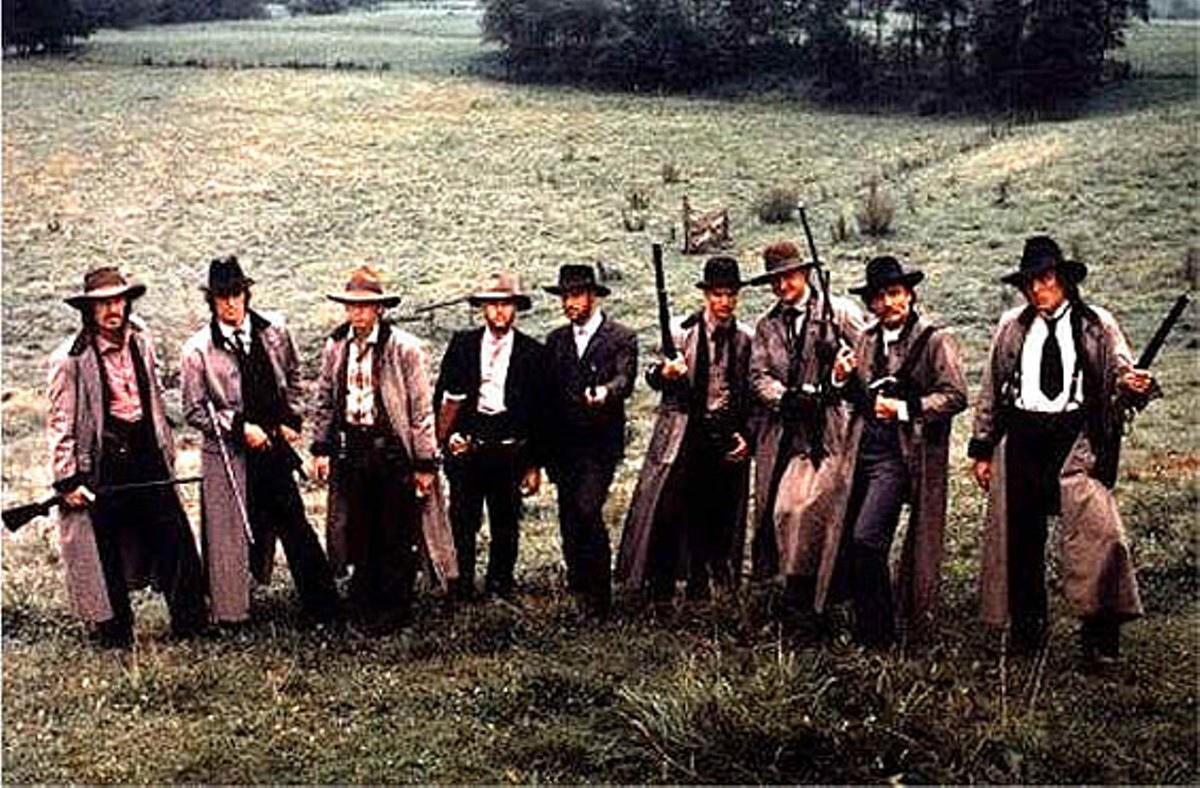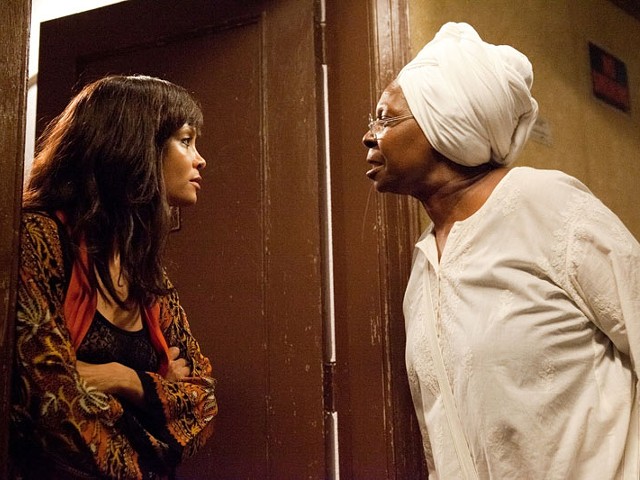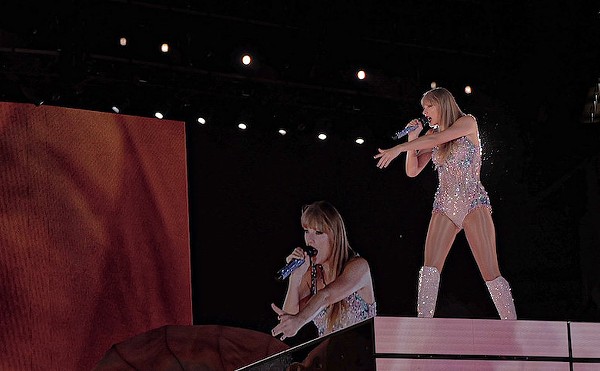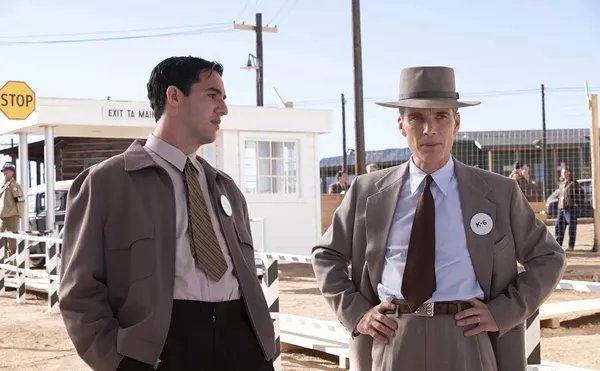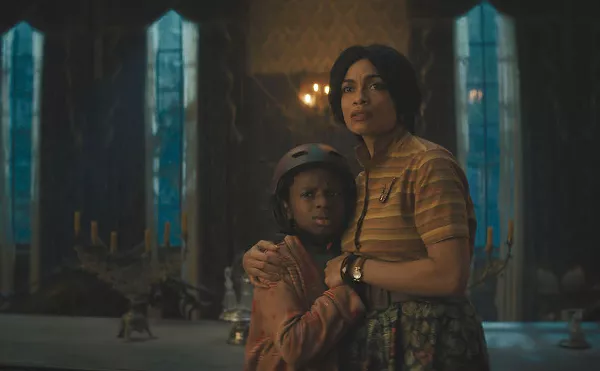In 1971 Stacy Keach was a hot young up-and-comer playing Jamie Tyrone in an off-Broadway staging of Eugene O'Neill's Long Day's Journey Into Night. The starry cast included movie icon Robert Ryan as the family patriarch.
Ryan had been a prize-winning heavyweight at Dartmouth College and then memorably portrayed a weary boxer in The Set-Up (1949). When Ryan learned that Keach had just been cast as a punch-drunk boxer in the new John Huston film, Fat City, he took the young actor aside and taught him how to move in the ring. "Bob was so supportive," Keach recalls. "He told me, 'I've made 78 pictures. Maybe ten were good. That's a high ratio of success. Don't count on any more than that.' It was good advice."
Keach's entire career has been akin to an extended boxing match. Beginning with his first feature film, The Heart Is a Lonely Hunter (1968), where he brought an innate dignity to the role of a lonely drunken drifter who was befriended by a deaf-mute (Alan Arkin), through scores of roles in films good and not-so-good, right through his recent appearance in Oliver Stone's W as the minister who helps George Bush find religion, Keach has learned how to survive the hard punches while making the most of his opportunities. Over four decades, the wide-eyed youth has evolved into a character actor of substance and hidden reserves.
On Sunday, November 14, Stacy Keach will receive a SLIFF Lifetime Achievement Award at Lindenwood University in recognition of an almost relentless career. His interest in history has led him to enact such storied characters as Barabbas, Napoleon Bonaparte, Ernest Hemingway, Doc Holliday, Sam Houston, Martin Luther and Wilbur Wright. His output ranges from high drama (the frighteningly friendly neo-Nazi in American History X) to low comedy. Who will ever forget his foolish narcotics agent, Sgt. Stedenko, chasing after Cheech and Chong in Up in Smoke — or his giddy cameo as an albino gunfighter blown to smithereens by Paul Newman in The Life and Times of Judge Roy Bean?
Sunday's conversation is sure to include insights into the two films that SLIFF is screening that same day. Each, in its own way, is both remarkable and painful. To describe Keach's portrayal of the misbegotten boxer in John Huston's Fat City (1972) as great acting is almost misleading, because there is no sense here of performance. Keach doesn't act the role; he inhabits it, and the camera manages to find him. This is astonishing work of the highest order. "John Huston trusted actors enormously," Keach says. "He'd say, 'You and Susan [Tyrrell] go in there and work out your blocking, then I'll come in and change it all.' That's how he directed. But he always started with the actor's impulse." Although the film was not a commercial success, it remains one of Keach's towering achievements.
The Long Riders (1980) was a quite different experience. This saga of outlaws in post-Civil War Missouri was the brainchild of Stacy and his brother James, who spent six years developing the project. They co-wrote, co-produced and co-starred as Frank and Jesse James (along with three Carradine brothers, two Quaids and two Guests). But the film's final vision was that of director Walter Hill. "Directors don't really want to tell somebody else's story," Keach says. "They want to make it their own story. It's very difficult for most directors to give credit to others. Their egos get involved, which is so sad and unnecessary, because the truth is that a good idea doesn't care who had it."
Perhaps it's how the film was cut, but throughout most of the movie, Keach's Frank James feels somehow restrained. Then, in the final minute, after Jesse James has been murdered, Frank offers to turn himself in if he can bury his brother. "Suppose I don't agree to your terms," the Pinkerton agent challenges.
The camera cuts to a close-up of Keach, who fills the frame with menacing silence. Then, without emotion: "I'll kill you." This is the last line in the film, and perhaps the most effective, more compelling than any of the bloody shootouts that have preceded it.
It's for moments like this that we go to the movies; it's for moments like this that we cherish those who make them. This is star stuff, and Stacy Keach has spent a lifetime battling in the ring to deliver, like a knockout punch, such indelible moments.

